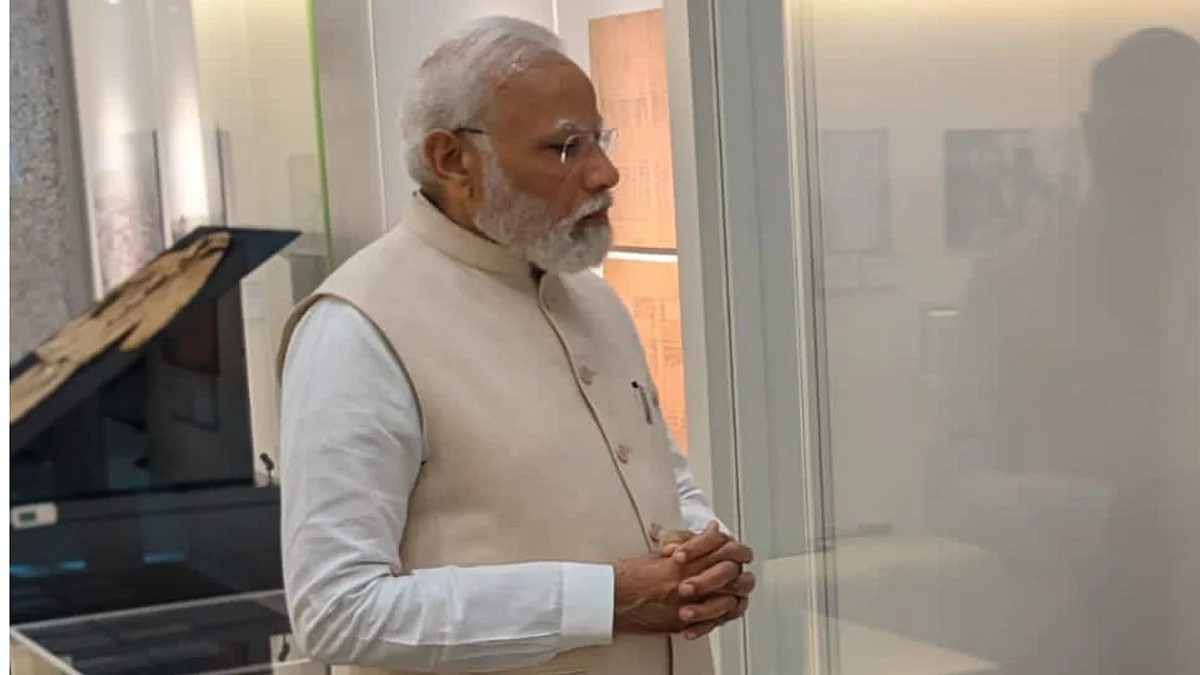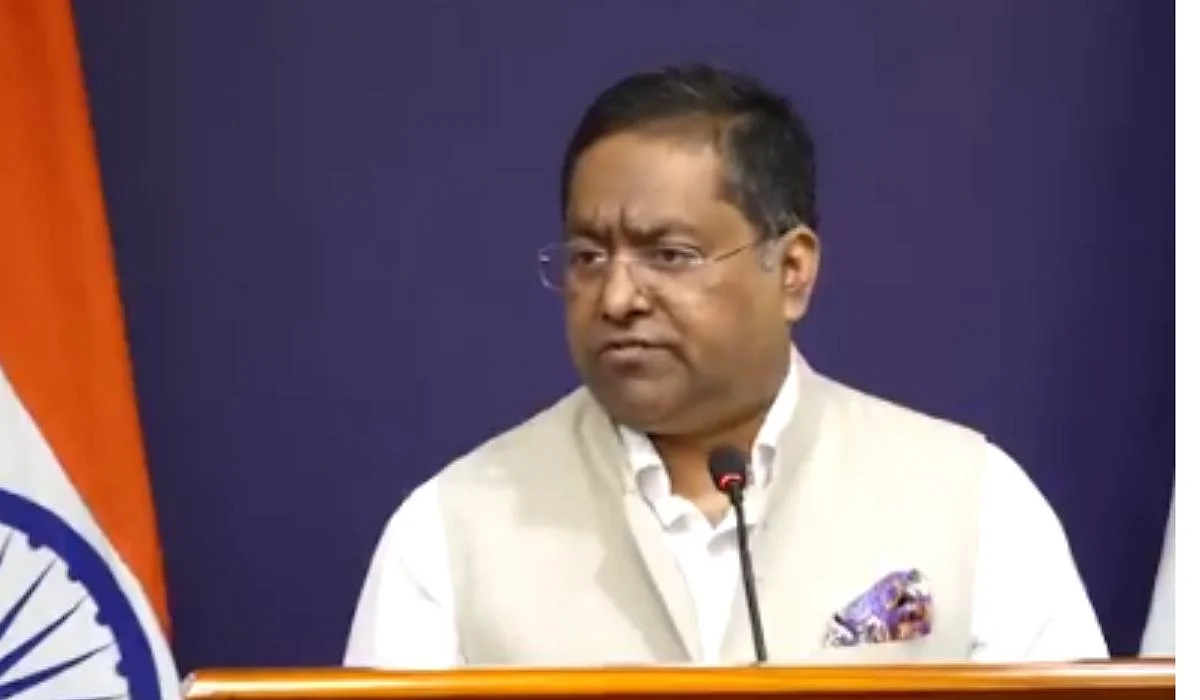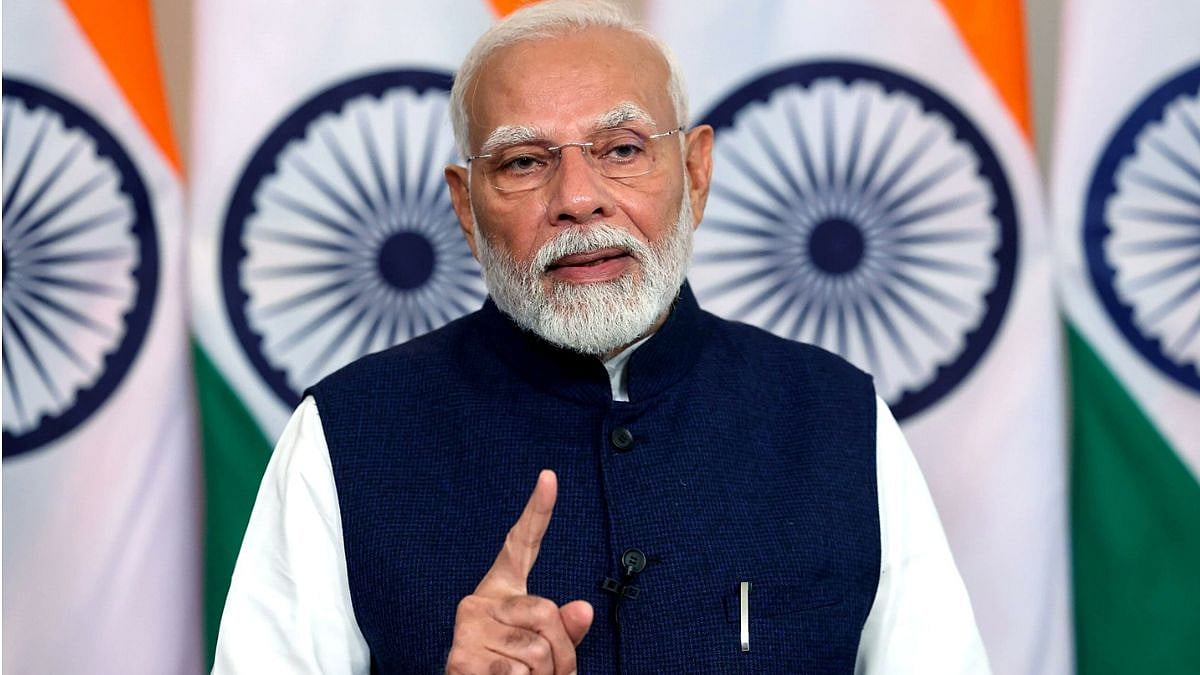Barely days before voting in the Karnataka assembly elections, I asked a Bengaluru-based relative, a businessman, about the electoral mood in the state. “What will be the outcome of the elections?” He replied casually, “There is no alternative to Modi.” When I pointed to all the hullabaloo over bad governance and corruption, he persisted: “Yes, that is true, but still, there is no alternative to Modi.”
That myth, which was central to the BJP’s Karnataka strategy has now been completely shattered. It has been shattered very significantly just months before the next round of state elections in the run-up to the national elections in 2024.

Wise men in the BJP-RSS and the party’s electoral strategists and analysts would already have appreciated that seeking votes in the name of their principal mascot is perhaps not going to be enough. Even the grand inauguration of the Ram Mandir in Ayodhya won’t be enough because it is turning into an old song and yesterday’s hits can’t always top the charts.
In the hard pre-election campaigning of 2014 when Chief Minister Modi was the BJP’s prime ministerial candidate, the opposition had whipped-up an anti-Modi hysteria around his alleged complicity in the 2002 Godhra riots. This columnist had then argued in a signed article that Modi was innocent till proven guilty and, therefore, deserved a chance at the top job.
The eminent writer and former diplomat, Pavan Varma, who was then adviser to Bihar Chief Minister Nitish Kumar, had asked “Can India afford to have a polariser for PM” The answer to that was, yes, Modi as Prime Minister would serve as the best test for Indian secularism. As the Prime Minister, he would be forced to walk the extra mile, bend backwards to preserve and promote communal harmony and demonstrate good governance which he had been promising to the people.
The people of India, including the doubters and fence-sitters, were angry with the Congress-led UPA government which was seeped in corruption and enthusiastically elected Modi to power in the 2014 elections.
Not surprisingly, Modi promised all-round development and came up with the catchy slogan, ‘Sabka Saath, Sabka Vikas’ (Collective Efforts, Inclusive Growth). He also promised a corruption-free India by saying, ‘Na Khaunga, Na Khanedunga’ (I Won’t be Corrupt and I won’t Tolerate Corruption’).
The US government which had denied a visa to Modi in 2005 accepted the people's mandate with a statement from the then US Secretary of State John Kerry on July 29, 2014. Kerry said at an event: “The new Indian government's plan, “Sabka Saath, Sabka Vikas”, together with all, development for all — that's a concept, a vision that we want to support. We believe it's a great vision, and our private sector is eager to be a catalyst in India's economic revitalisation.”
Did Modi deliver on good governance in the last 10 years? The Prime Minister certainly deserves credit for the strengthening of Aadhaar, expansion of bank accounts and direct transfers; digital payment systems, Swaach Bharat; spending on roads, railways and other infrastructure projects; the handling of the Covid-19 pandemic after the initial missteps, and an assertive foreign policy among other initiatives.
But he still doesn’t get the top prize for good governance, especially as there has been a deliberate weakening of a number of institutions including the press; a rampant misuse of the Enforcement Directorate, Income Tax, CBI and other law and order departments to coerce opposition leaders and even break rival political parties such as the Shiv Sena.
Did Modi deliver on ‘Sabka Saath, Sabka Vikas’ and on a corruption-free India? No, he didn’t. The most recent evidence of this is the ground reality of corruption in the ousted BJP government in Karnataka and the polarizing electoral campaign of the BJP there led by Modi himself.
The last 10 years have seen an anti-Muslim assault on social harmony in India from the BJP government at the Centre, in the states and from BJP leaders across the country to consolidate the Hindu vote as an electoral strategy.
To claim that Modi has delivered the best Indian government since independence is a lie. In the words of the former UN diplomat and Congressman Shashi Tharoor, all governments are a mix of good and bad policies and initiatives and that holds true for this government too.
A vibrant, throbbing, populous and aspirational nation like India with its demographic advantage needs a focus on employment and economic growth. It cannot afford to be distracted by social disharmony engineered to win elections and promote the idea of a Hindu Rashtra.
At the peak of Modi’s popularity, the top leaders and ideologues of the BJP-RSS envisioned a presidential system for India and a constitutional declaration of a Hindu Rashtra. All that will have to wait for a while as the entire south and some other parts of India are still BJP-mukt.
Drawing lessons from the Karnataka polls, the BJP can no longer take Modi's popularity for granted. Resorting to the same old divisive electoral politics may not work all the time. The nation is crying out for better governance, employment generation and economic growth and this Modi must deliver.
Abhay Vaidya has worked as a senior journalist with a number of leading publications. He is now director at a policy research think tank in Pune.















